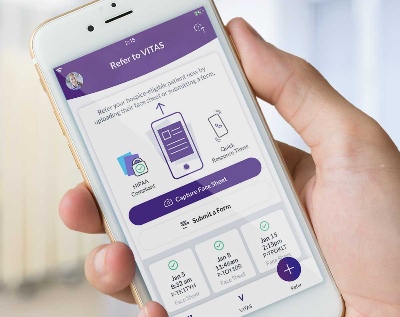By Heather Veeder, MD, Regional Medical Director, VITAS Healthcare
Patients with advanced cardiac disease and heart failure are living longer today because of new treatments and medications that better manage underlying symptoms, yet overall mortality from heart disease has not changed significantly in 30 years.
This phenomenon of improved longevity and persistent mortality underscores the reality that many of the current treatments for severe heart disease are, in fact, palliative in nature. They modify the disease process and prolong life for patients with often severe symptoms and disease.
Findings from the two studies in this article highlight the need for our partner cardiologists and referring physicians to recognize when to refer their patients with advanced cardiac disease or heart failure to comfort-focused hospice care…and why.
- When? Hospice is the logical next step in the care continuum when ongoing cardiac treatments are no longer effective, when worsening symptoms no longer respond, or when patients decide side effects, pain, and other symptoms are no longer tolerable. Check hospice eligibility for your patient >
- Why? Hospice’s clinical, emotional, and spiritual approach to care allows patients to embrace quality of life for as long as possible—not in outpatient or ICU settings but in the familiarity of home among family. Hospice clinicians titrate cardiac interventions to focus on comfort care, symptom management, and pain relief, while team members educate and support family members and caregivers who often bear the burden of caring for a seriously ill loved one.
Quite simply, a hospice referral should never be perceived as “giving up.” Instead, it is the next logical step in the continuum of care.


